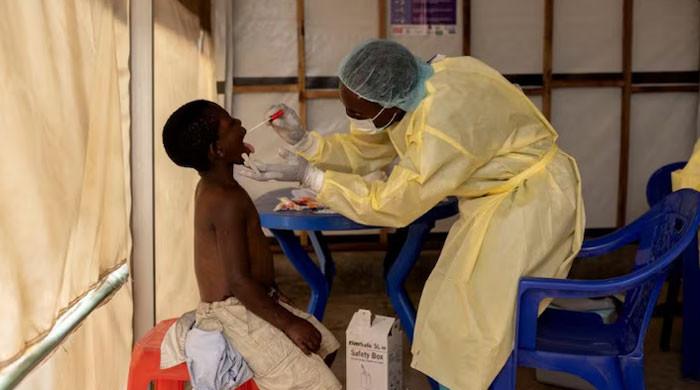Summary:
- WHO and Africa CDC declare a public health emergency due to a surge in mpox cases in Africa.
- The new, deadlier strain, clade 1b, has spread to Europe and Asia, raising global concerns.
- Experts warn of likely increases in imported cases, urging rapid international cooperation.
The World Health Organization (WHO) and the Africa Centres for Disease Control and Prevention (Africa CDC) have declared a public health emergency as a severe outbreak of mpox, formerly known as monkeypox, intensifies across Africa. The situation has escalated as the more dangerous strain of the virus, known as clade 1, spreads, prompting international alarm.
The Africa CDC’s declaration marks its first-ever Public Health Emergency of Continental Security (PHECS), highlighting the gravity of the outbreak. The virus, which can spread through sexual or close physical contact, has been a persistent threat in Africa since it was first detected in humans in 1970 in the Democratic Republic of the Congo (DRC). Traditionally, the deadlier clade 1 has been confined to the Congo Basin in Central Africa, while the less severe clade 2 has become endemic in parts of West Africa.
However, the current surge is driven by a new mutated variant, clade 1b, first identified among sex workers in the DRC in September 2023. This variant has begun to spread beyond Africa, with Sweden reporting the first case in Europe earlier this week. Pakistan has also confirmed Asia’s first case, signaling the virus’s potential to become a global threat.
The European Centre for Disease Prevention and Control (ECDC), an EU agency, has expressed concern, stating that more imported cases to Europe are “highly likely.” Brian Ferguson, an Associate Professor of Immunology at the University of Cambridge, noted, “It is not surprising… that travel between continents has brought this case to Europe.” He warned that cases are expected to rise in Europe and elsewhere, given the lack of mechanisms to prevent the spread of mpox through travel.
Francois Balloux of the University College of London Genetics Institute emphasized the need for “rapid international co-operation” to contain the epidemic. He reassured, however, that there is “no evidence of transmission in Europe at this stage.”
The mpox virus gained global attention in May 2022 when a less deadly strain, clade 2b, spread rapidly around the world, primarily affecting gay and bisexual men. Between January 2022 and June 2024, the WHO recorded more than 99,000 cases and 208 deaths across 116 countries. Now, the emergence of the more virulent clade 1b variant poses a renewed and serious threat, underscoring the urgency for coordinated global action to prevent a wider spread of the disease.





